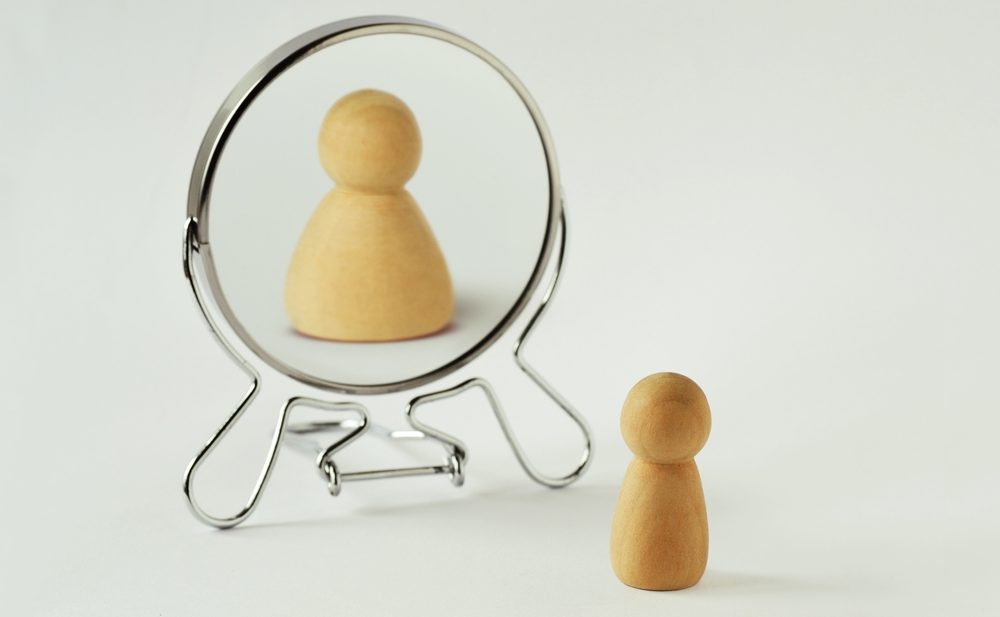- March 29, 2024
- by Harshita Bajaj
- Body Image, Self-Esteem
Body image is how we look and feel about our bodies. It’s not just how we physically look but also our own mental pictures of our bodies and our feelings about them. What happens more often is we feel negatively about our own bodies. Have you ever looked into a mirror and disliked some part of yourself, or wished that you could just alter it, hide it, wanting it to be some other way?
In many cases, negative feedback, jokes, body shaming, criticism about any type, shape or size of body can alter the way you think and feel about your body and how you perceive yourself as well as others! Have you heard a negative comment about a physical attribute at any point in your life? Such statements can really get to us, make us scrutinize ourselves and even dislike our own bodies. Sometimes even the best of us can falter, regardless of what actually our bodies are like we may fixate, find faults in them or dislike parts of them.
Social Media and Body Image
Another major reason is an unrealistic standard of a flawless or a perfect body that we get constant exposure to through social media, tv shows, movies, video games, the internet etc. It’s unending. Moreover, social media apps that edit or filter out your blemishes, flaws, fats give the underlying meaning that these parts of your bodies should be hidden or that they’re undesirable. This attaches a negative connotation to something that is natural and a part of you.
A study done by University of Haifa on females says that the more time girls spent on social media, the more they suffered conditions of bulimia, anorexia, physical dissatisfaction, negative physical self-image, negative approach to eating and increased urge to be on a weight-loss diet.
Another research says that social media use, time spent on manipulating selfies has a positive correlation with body dissatisfaction in adult men.
Its reasons like these we need to look to positive social media such as Dove’s “Real Beauty” campaign that uses real, unedited women that are relatable, flawed, and average. This portrays acceptance and comfort in our own selves and that every nook and cranny of our body is ours and real and we like and celebrate it as it is.
Body Image Issues
An important note here is that any physical attribute someone else finds undesirable or is perceived by you to be undesirable is not who you are reduced to. Yeah sure, you can go ahead and starve yourself, go on diets, put on layers of makeup or even do multiple surgeries to change the way you look but you’ll be still be who you are. What is outside will not change what is inside, because your attributes and your personality is not defined by your appearance, image or your body. Everything about you tells your story so being comfortable in your own skin and body can really go a long way in giving you some peace of mind.
Mental Health Disorders associated with Body Image
Sometimes our occupation with body image can lead us to avoid social interactions or gatherings as well as affect our mental & physical health. A disorder called Body Dysmorphic Disorder (BDD) is an obsession with a perceived flaw or thinking that some body parts look ugly, feeling bad about their looks and focusing on fixing this flaw. Another major concern is Eating Disorders that can stem out of a negative body image and dissatisfaction where the underlying thought is if I lose more weight, I will feel better about myself, my body and my appearance.
Body Image Therapy and Counseling
Body image therapy and body image counseling focus on helping individuals develop a positive relationship with their bodies and self-image. Therapists and counselors utilize evidence-based approaches such as cognitive-behavioral therapy (CBT), acceptance and commitment therapy (ACT), and dialectical behavior therapy (DBT) to address distorted beliefs, negative self-talk, and unhealthy behaviors related to body image. Through exploration of underlying emotions, societal influences, and past experiences, clients learn to challenge unrealistic standards, cultivate self-compassion, and develop healthier coping strategies.
Body Image Therapy may involve techniques such as cognitive restructuring, exposure therapy, mindfulness, and body-centered exercises to promote self-acceptance, resilience, and a balanced view of one’s body. Additionally, therapists may address any co-occurring issues such as disordered eating, trauma, and low self-esteem within the context of body image counseling.
Whether you’re feeling any small to large degree of dissatisfaction with your body & image, or you cannot stop feeling there’s something wrong, undesirable about your body, any negative thoughts and/or any surrounding concerns, talk to a mental health care therapist to help you overcome such thoughts and feeling and feel at ease and confident in your own body. Recognizing and acknowledging your feelings is a critical first step and taking these steps help you become healthier & more comfortable.
North American Behavioral Health Services can be used to find resources and directories to locate a relevant body image therapist in a treatment center. Herein a body image therapist near you can be found easily with just a quick call or message to us! We ensure the therapist suits your location, inform you about the insurance accepted, treatment approach and specialties making it easier to find therapists who specialize in body image counseling.











